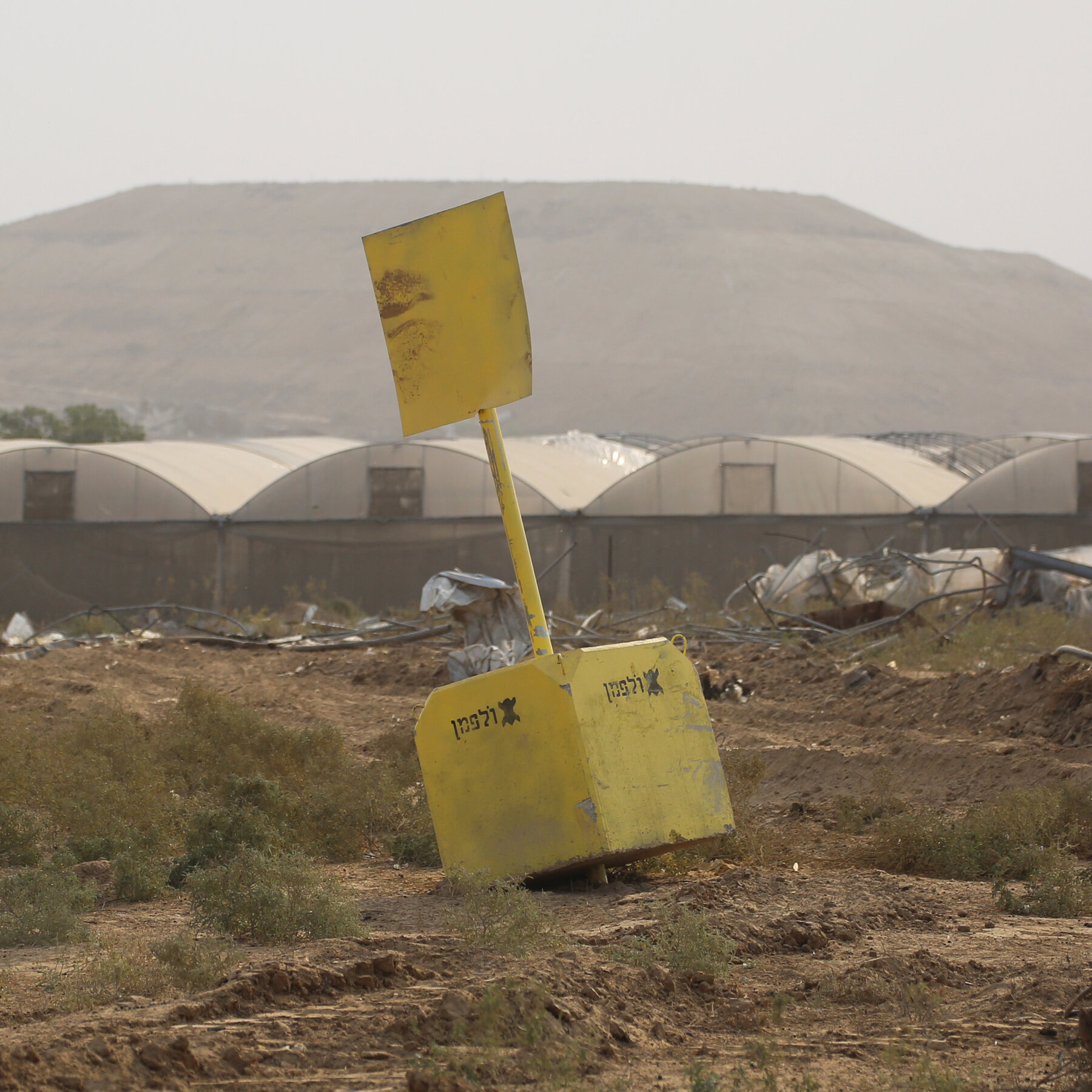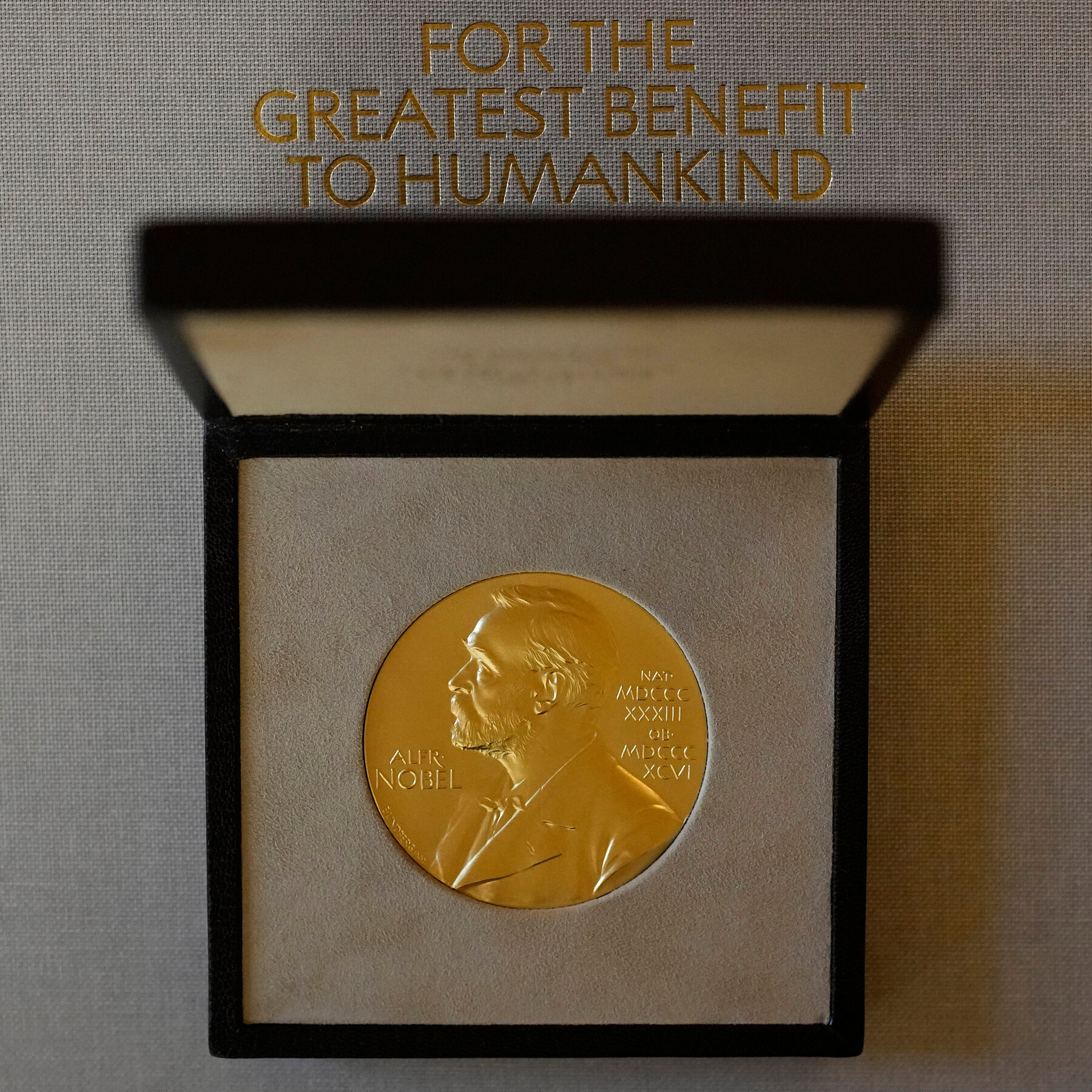How the Peace Plan Looks to Ukraine and Russia
In the weeks following the announcement of President Donald Trump’s proposal to end the conflict in Eastern Europe, officials and analysts from Kyiv and Moscow have been weighing the merits and pitfalls of the plan. Our correspondents on the ground provide a detailed look at how each side interprets the offer and what it could mean for the future of the war.
Ukrainian Perspective
Security First – For Ukrainian leaders, the foremost concern is whether the plan guarantees the restoration of full sovereignty over the contested regions. “Any agreement that leaves our borders ambiguous is unacceptable,” said a senior adviser to President Volodymyr Zelenskyy. The Ukrainian delegation is pressing for a clear timeline for the withdrawal of all foreign troops and the return of control over strategic cities such as Mariupol and Kherson.
Humanitarian Guarantees – Kyiv is also demanding robust mechanisms for the safe return of displaced civilians and the reconstruction of war‑torn infrastructure. “We need concrete commitments on humanitarian aid, not just vague promises,” a spokesperson from the Ministry of Social Policy emphasized.
Political Implications – Critics within Ukraine warn that the plan could be used to legitimize the current status quo in the Donbas. Opposition parties are calling for a parliamentary debate before any signature, arguing that “the people must have a say in a deal that reshapes the nation’s destiny.”
Russian Perspective
Recognition of Gains – Moscow views the proposal as an opportunity to cement the territories it has held since 2014. “We are prepared to discuss a settlement that respects the realities on the ground,” said a senior official from the Russian Foreign Ministry. The Russian delegation is insisting that any peace framework include formal recognition of the self‑proclaimed republics in Donetsk and Luhansk.
Security Guarantees for Russia – The Kremlin demands assurances that NATO will not expand further eastward and that a demilitarized buffer zone will be established along the new border. “Our national security cannot be compromised,” the official added, highlighting the importance of a verifiable ceasefire.
Economic Considerations – Russian economists point out that a stable peace could unlock sanctions relief and open trade routes across the Black Sea. “A lasting agreement would benefit both our economies and the broader region,” a senior analyst at the Russian Academy of Sciences noted.
International Observers
Western diplomats remain cautiously optimistic, emphasizing that any viable solution must be mutually acceptable and backed by robust monitoring mechanisms. The European Union has offered to host a joint verification mission, while the United Nations is prepared to provide humanitarian assistance contingent on the deal’s implementation.
Meanwhile, analysts in Washington argue that the plan’s success hinges on the willingness of both Kyiv and Moscow to make “hard concessions.” As one senior Pentagon official remarked, “Peace is possible, but only if both sides see it as a win, not a loss.”







Bu barış planı gerçekten işe yarayacak mı? Ukrayna ve Rusya’nın çıkarları çok farklı görünüyor.